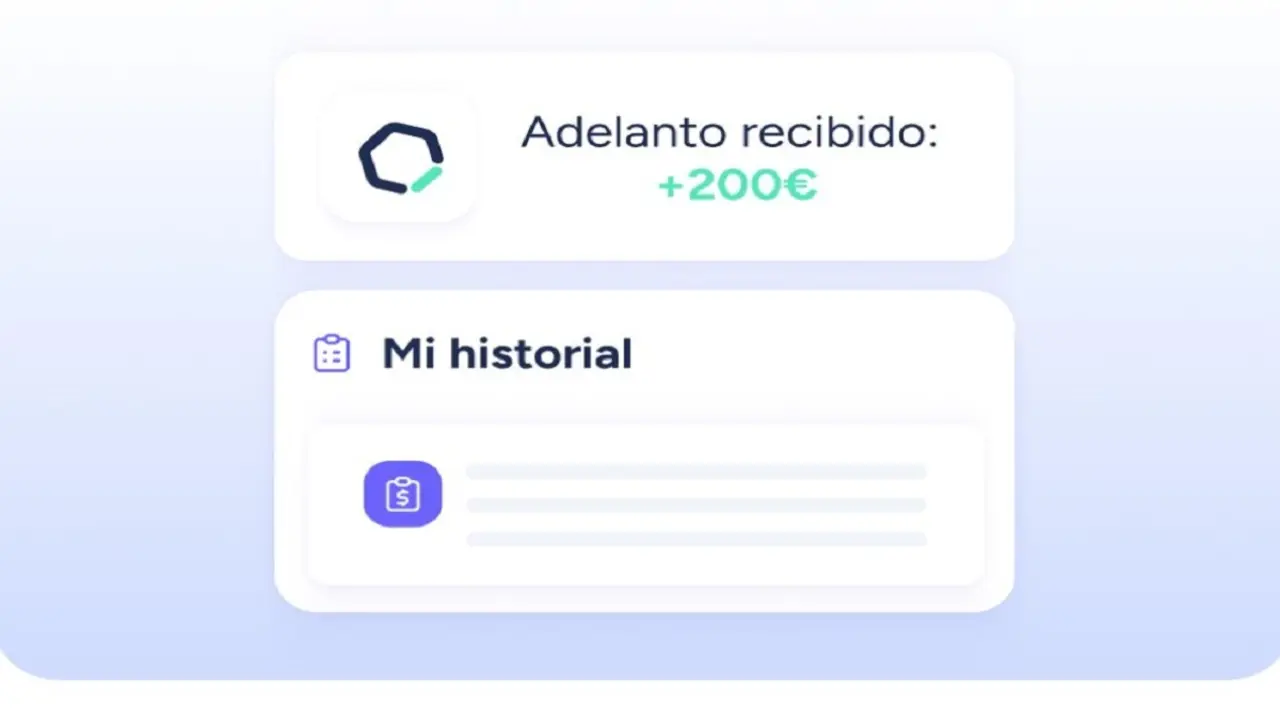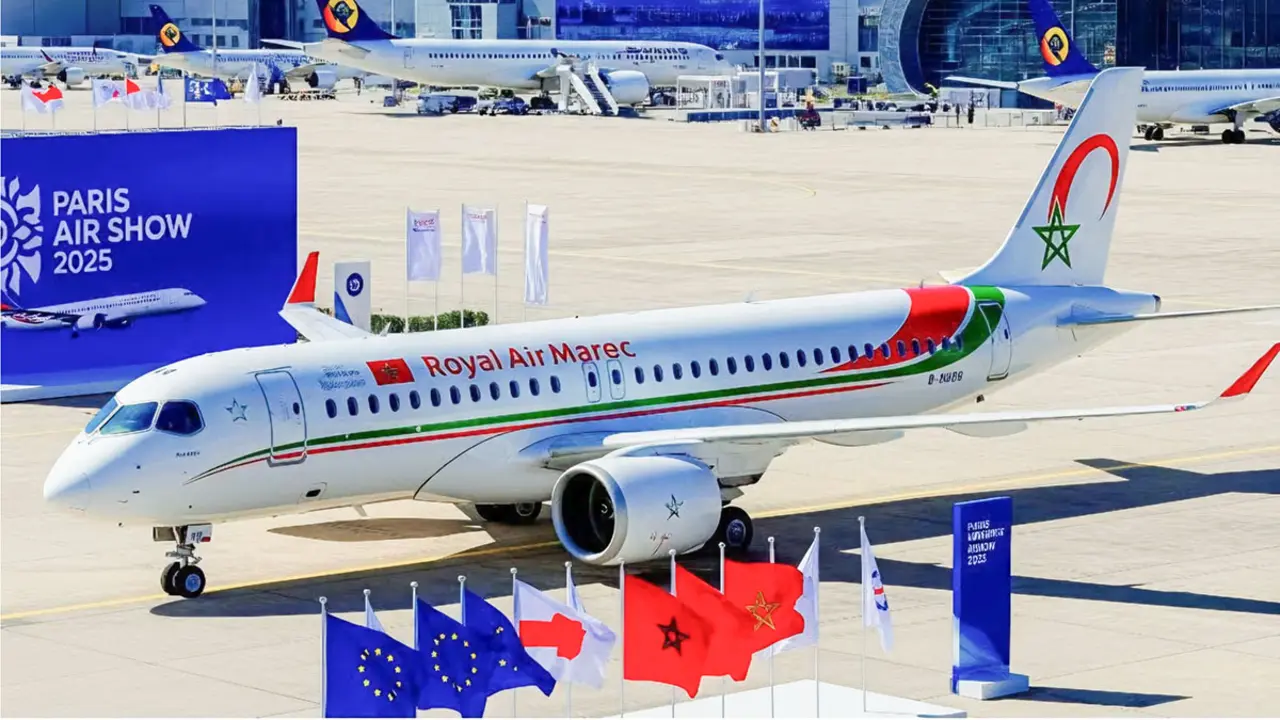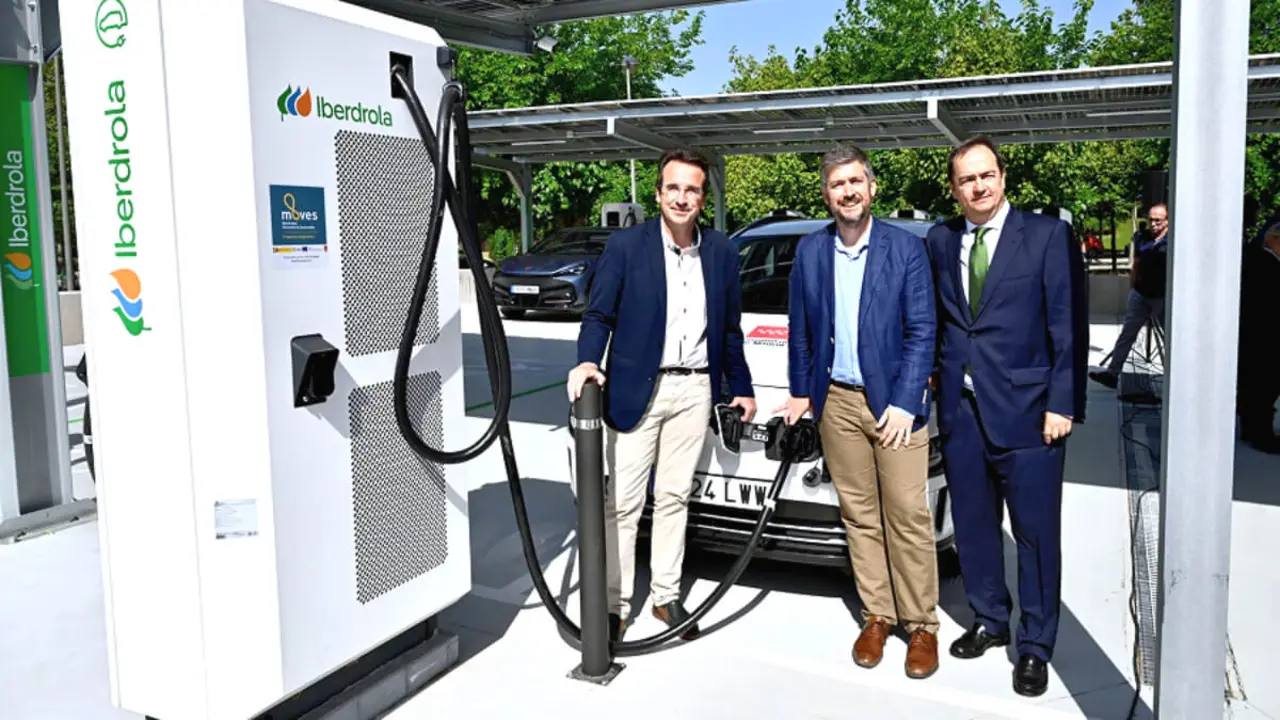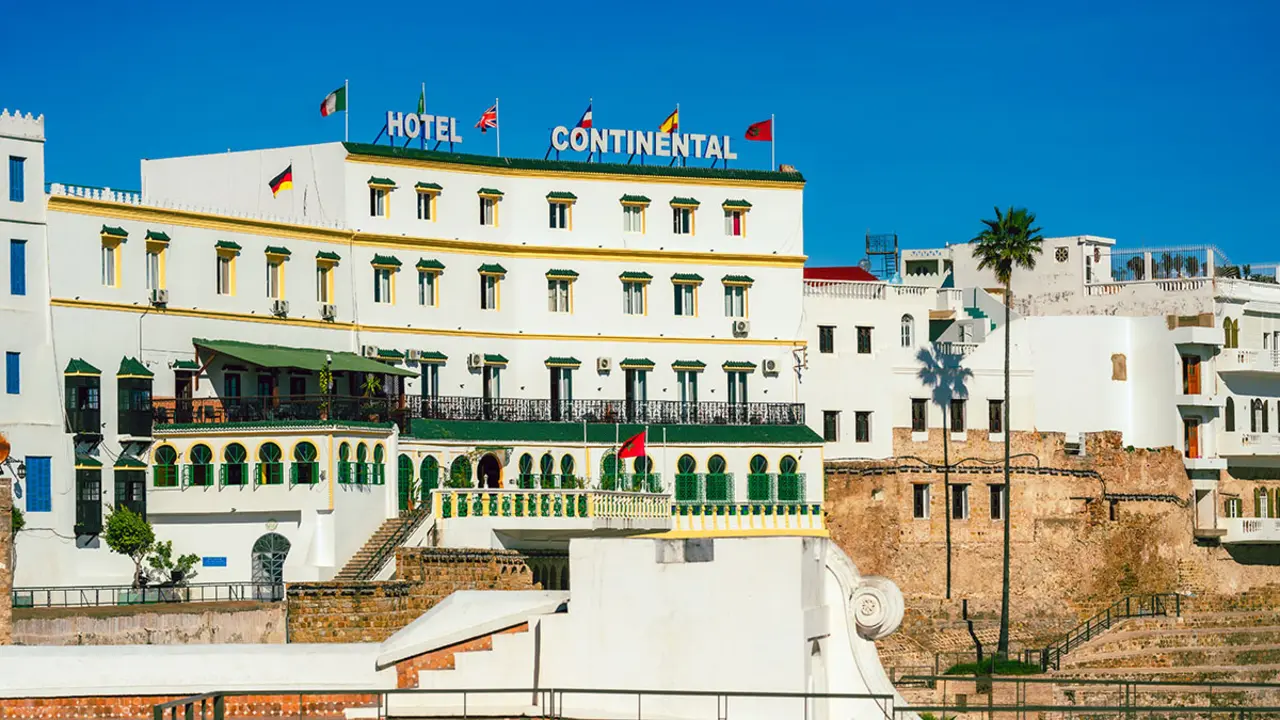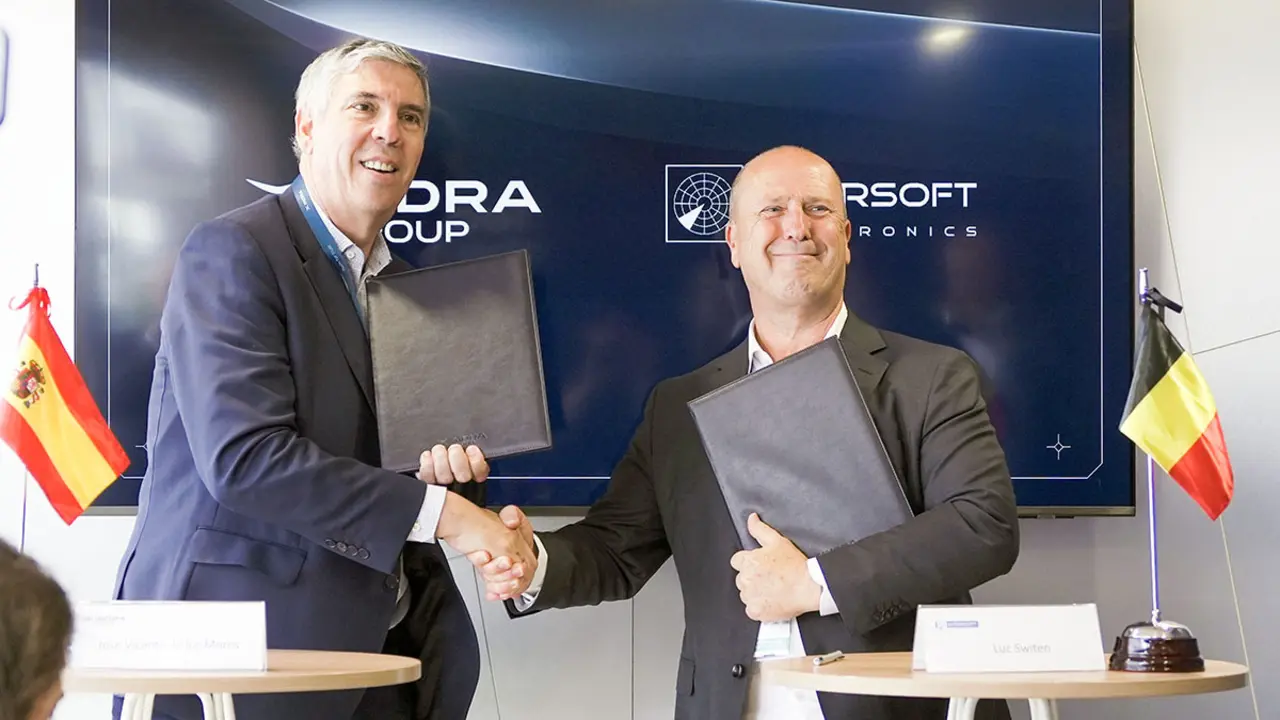Good practices in urban logistics for Latin America

CAF presents the publication: Sustainable and Safe Urban Logistics - Logística Urbana Sostenible y Segura (LOGUS)- which shows the panorama of urban logistics and goods transport in the region and its strategy to promote competitive development and the well-being of the population in Latin American cities through the pilot experiences applied in Fortaleza (Brazil), Cali (Colombia), Quito and Guayaquil (Ecuador), Rosario and Córdoba (Argentina).
Before the pandemic, it was expected that the movement of cargo in cities would triple by 2050 compared to 2010. Today, this figure, like those of other sectors of the economy, is increasing because COVID-19, technology and new consumer trends make it possible to bring food, appliances, furniture, accessories and even vehicles, among others, into homes, which has multiplied shipments and turned each home into a potential receiving point. Failed deliveries, returns, and special dates such as Mother's Day, Christmas, Valentine's Day, Black Friday and CyberMonday, are a challenge for logistics in cities in an environment of congestion, road restrictions and high environmental impact.
Every day a person generates 45 kg of goods in New York, 35 kg in Beijing and 32 kg in Bogotá. In Latin America and the Caribbean the proportion of urban population is 80%, with cities that have grown in recent years, involving greater distances and complexity in logistics flows. However, logistics still has an incipient presence in the public debate in cities and metropolitan areas.
The development of urban logistics imposes substantial challenges in Latin America: more and more frequent movement of loads; impacts on mobility, air pollution or road safety; different needs of consumers and businesses, low skills in the sector, informal economy; new distribution channels, e-commerce, collaborative economy; which require a better response from public policy makers. Therefore, CAF - Latin American development bank -, presents in a new publication its strategy in Sustainable and Safe Urban Logistics (LOGUS).
"COVID-19 opens an invaluable opportunity to address urban logistics with more attention, which is still a pending debate in political agendas. Until now the cargo system has been very flexible, continuously adapting to the needs of businesses and consumers, but it would be necessary to rethink the achievements in efficiency of the sector at the expense of precarious economic and labor conditions, environmental externalities, regulatory disregard or abuse of the informal economy," said the coordinator of the LOGUS program, Andrés Alcalá.
The CAF-LOGUS strategy seeks competitive development and to improve life quality in Latin American cities through the pilot experiences applied in 6 cities of the region: Fortaleza (Brazil), Cali (Colombia), Quito and Guayaquil (Ecuador) Rosario and Cordoba (Argentina), and offers a series of flexible and adaptable tools, as well as instruments of knowledge, diagnosis and application that seek to contribute to the process of continuous improvement, necessary in the development of sustainable urban logistics.
Urban logistics must be more firmly integrated into urban policies, not only for mobility, but also for spatial planning, urbanism, the environment, production and trade. The publication also contains a Public Policy Guide on urban logistics that offers technicians and decision makers from local administrations an objective knowledge of the main international trends in public policies on urban logistics. This guide has 24 policy sheets that cite at least 76 illustrative examples of good practices, of which a little more than 50% correspond to cases in Europe, 37% to cases in Latin America, the rest in the United States and Asia.

The guide contains good practices from cities such as Bogotá, Cali, Mexico City, Panama City, Fortaleza, Lima, Montevideo, Rosario, Valparaiso, among others, which can be replicated in other Latin American cities. Download the publication here.
To deepen this issue, an online talk will be held on Wednesday, May 20, with the participation of Eva Jokanovich, Secretary of Mobility of Rosario (Argentina); Ignasi Ragás (expert in urban logistics (Catalonia, Spain) and Andrés Alcalá, coordinator of the LOGUS program in CAF, moderated by Erica Astudillo, Economics Editor of El Telégrafo (Ecuador).

